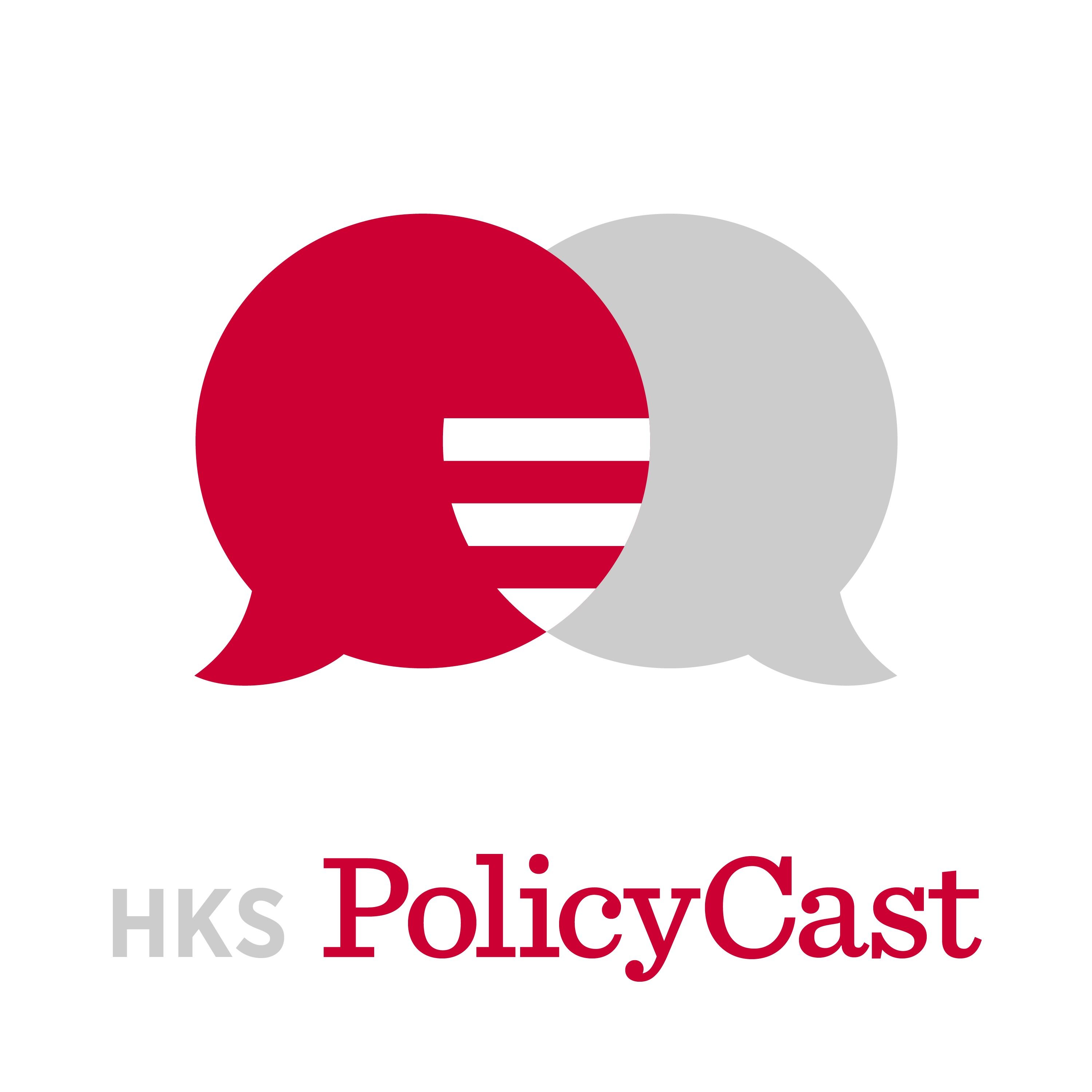220 Garbage in, garbage out: Dissecting the disinformation that clouds our decisions

Some choices are easy. Some are hard. Some are momentous, which is how many people are describing today’s US national election. Yet all of the choices we make have one thing in common: Our decisions are only as good as the information we have to base them on. And with the rise of disinformation, misinformation, media manipulation, and social media bubbles, we’re finding it increasingly hard to know what information to trust and to feel confident in the decisions we make.
Harvard Kennedy School Professor Matthew Baum and Joan Donovan, the research director for the Shorenstein Center on Media, Politics and Public Policy, have been studying disinformation and the people who create it since the 2016 election and the time when the term “fake news” first entered the political conversation. Baum and Donovan have been building a community of researchers and creating tools to help understand disinformation, where it comes from, and — hopefully — how to make it less of a threat in the future.
Baum, the Marvin Kalb Professor of Global Communications, held one of Harvard’s first major conferences on fake news and misinformation in early 2017 on the heels of the last presidential election, when accusations flew that Republican Donald Trump’s electoral college victory was aided by disinformation campaigns and foreign interference. Donovan came to the Harvard Kennedy School in 2019 and is now director of the Technology and Social Change Project at Shorenstein. They launched the nation’s first scholarly journal on fake news, the HKS Misinformation Review, earlier this year.
PolicyCast is hosted by Thoko Moyo, the Associate Dean for Communications and Public Affairs at Harvard Kennedy School.
The podcast is produced and edited by Ralph Ranalli and co-produced by Susan Hughes.